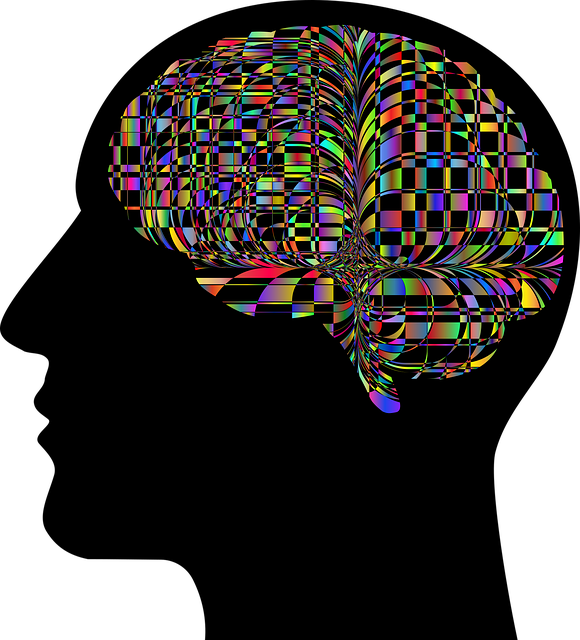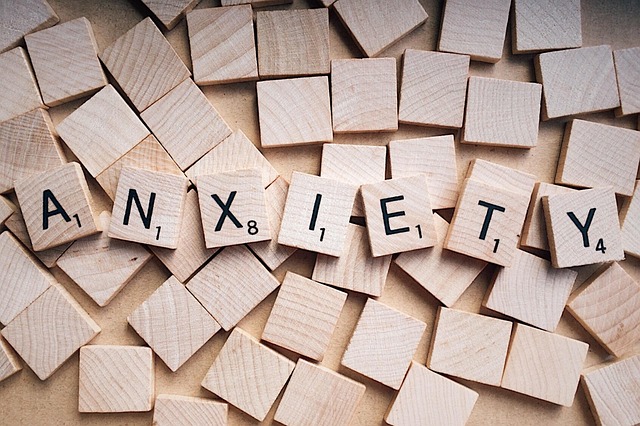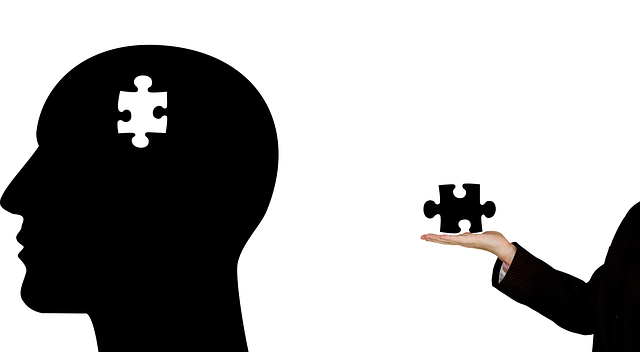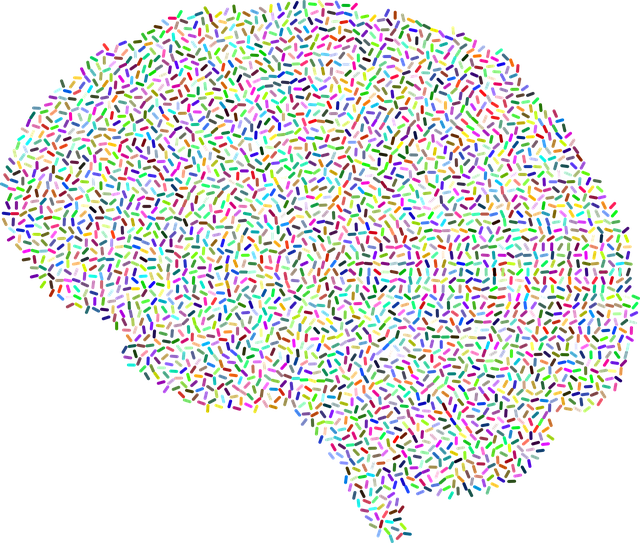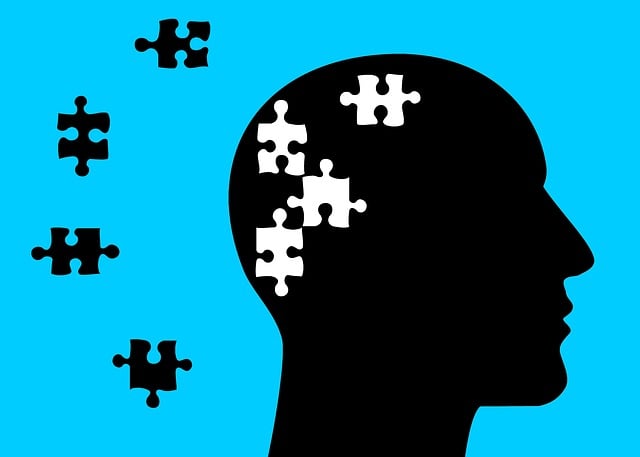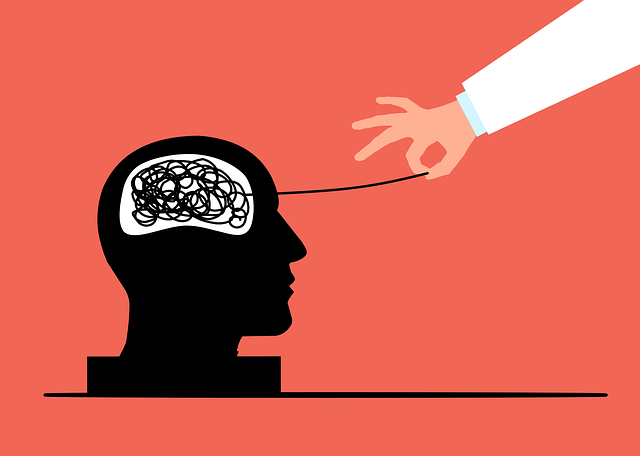Emotional intelligence (EI) development is crucial for children's mental health, especially those with Conduct Disorder. Early identification of signs like aggression and defiance is key, as unaddressed behavior can lead to long-term issues. Through therapy—including play, cognitive behavioral, and family therapy—and structured activities, mental health professionals nurture EI skills. Compassion cultivation practices and supportive environments help children manage emotions, reduce aggression, and improve social interactions, aligning with Mental Health Policy goals of fostering emotional well-being from an early age.
Emotional intelligence (EI) is a powerful tool that fosters healthy development in children. This article explores the significance of EI in childhood and delves into identifying conduct disorder, its signs, and impact on young minds. We provide practical strategies to nurture emotional intelligence in children with conduct disorder, offering valuable insights for parents, educators, and therapists seeking effective therapy for young children with behavioral challenges.
- Understanding Emotional Intelligence and its Significance in Childhood
- Identifying Conduct Disorder in Young Children: Signs and Impact
- Strategies for Nurturing Emotional Intelligence in Children with Conduct Disorder
Understanding Emotional Intelligence and its Significance in Childhood

Emotional intelligence (EI) is a crucial aspect of human development that forms the foundation for healthy relationships and effective communication. It involves recognizing, understanding, and managing one’s own emotions, as well as empathizing with others’ feelings. For children, developing EI early in life sets the stage for emotional resilience and social competence. This is particularly significant for young individuals facing challenges like Conduct Disorder, where therapy can play a pivotal role in fostering emotional intelligence.
Through various therapeutic interventions, mental health professionals can help children learn to identify and express their emotions constructively. Compassion cultivation practices, for instance, have shown promise in promoting empathy and reducing aggression. Moreover, effective risk management planning within mental health services is essential to ensure a supportive environment that encourages the development of EI skills. This not only benefits individual children’s mental health but also aligns with broader goals of Mental Health Policy Analysis and Advocacy, aiming to create communities that prioritize emotional well-being from an early age.
Identifying Conduct Disorder in Young Children: Signs and Impact

Identifying Conduct Disorder in young children is crucial as it can significantly impact their future mental health and social development. Signs may include persistent aggression, defiance, or violations of rights of others and age-inappropriate behavior, such as lying, stealing, or bullying. These behaviors often manifest before the age of 8 and if left unaddressed, can lead to long-term consequences like academic difficulties, substance abuse, and social isolation.
Early intervention is key in managing Conduct Disorder. Therapy for young children, including play therapy, cognitive behavioral therapy, and family therapy, can help address underlying causes such as trauma or mental health disparities. Mental Health Policy Analysis and Advocacy plays a vital role in ensuring accessible and effective Trauma Support Services for at-risk youth. Incorporating Mental Wellness Journaling Exercise Guidance into therapeutic routines can also empower children to understand and express their emotions healthily.
Strategies for Nurturing Emotional Intelligence in Children with Conduct Disorder

Children with Conduct Disorder often struggle with emotional regulation and social interactions. Nurturing their emotional intelligence (EI) is a key aspect of therapy for young children with this disorder. One effective strategy is incorporating compassion cultivation practices, such as mindfulness exercises, into their daily routines. These practices help them recognize and understand their emotions, fostering empathy towards others.
Additionally, self-awareness exercises can be beneficial. Encouraging children to reflect on their feelings, triggers, and behaviors allows them to develop a stronger connection with their emotional experiences. Through structured activities and supportive environments, therapists can guide these young individuals in learning healthy coping mechanisms, improving their ability to manage stress, and ultimately enhancing their EI development.
Emotional intelligence building is a vital component of early childhood development, especially for those facing conduct disorder. By understanding and nurturing emotional intelligence, parents and caregivers can significantly impact a child’s future mental health and social interactions. Recognizing the signs of conduct disorder early on and implementing tailored strategies, such as therapy for young children with conduct disorder, can foster healthier emotional responses and improve overall well-being. Investing time in these efforts is crucial to helping children develop the skills needed to navigate relationships and manage their emotions effectively.
